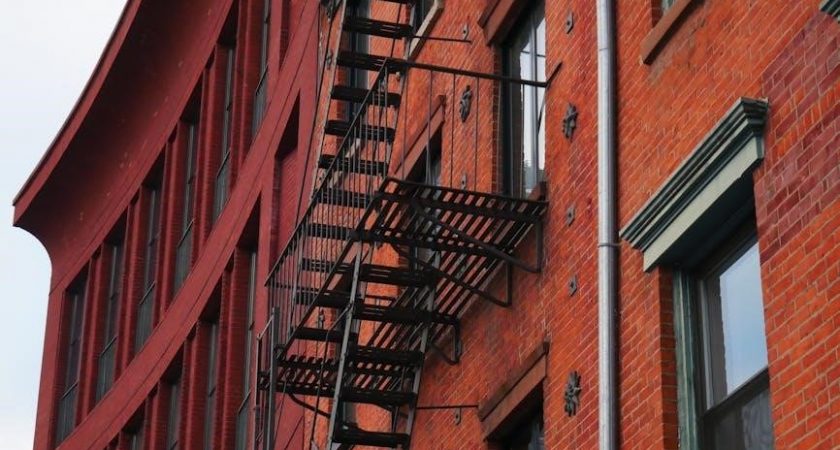Affordable housing in Rochester, NY, addresses the growing need for cost-effective living solutions, offering a range of options to ensure residents can access safe and affordable homes.
Definition of Affordable Housing
Affordable housing refers to residential units priced so that low- to moderate-income households spend no more than 30% of their gross income on housing costs. This includes rentals and owned homes, designed to ensure affordability while maintaining quality and safety standards. Affordable housing is often subsidized by government programs or non-profit organizations to bridge the gap between market rates and what residents can afford, addressing economic and social disparities in communities like Rochester, NY.
Importance of Affordable Housing in Rochester, NY
Affordable housing is crucial for Rochester, NY, as it addresses homelessness, supports low-income families, and fosters economic stability. It ensures residents can access safe, decent living conditions, reducing housing insecurity. By providing affordable options, the city promotes social equity, allowing diverse populations to thrive. Affordable housing also strengthens communities, supports workforce retention, and attracts businesses, contributing to Rochester’s overall development and sustainability. It remains a vital component in creating a stable and inclusive environment for all residents.
Current Market Trends in Rochester, NY
Rochester’s affordable housing market sees rising demand amid efforts to expand supply, with urban developments and incentives aiming to address housing affordability challenges effectively.
Housing Market Overview
Rochester, NY, faces a competitive housing market with rising demand for affordable options. The city experiences moderate home price growth, with median prices around $170,000, making it relatively affordable compared to larger cities. Rental properties are plentiful, but costs are increasing, challenging low-income residents. The market reflects a mix of older homes and new developments, with suburban areas offering more affordable choices. Investors and first-time buyers are active, driven by Rochester’s stable economy and revitalization efforts in historic neighborhoods.
Demand for Affordable Housing
The demand for affordable housing in Rochester, NY, has surged due to rising housing costs and stagnant wages. Many residents struggle to afford market-rate rentals, creating a pressing need for subsidized options. Population growth and an influx of new residents exacerbate the demand, while limited supply intensifies competition. This imbalance drives housing insecurity, with many families spending excessive portions of their income on rent. The gap between supply and demand underscores the urgency for expanded affordable housing initiatives to stabilize the community.
Recent Developments in Affordable Housing
Rochester, NY, has seen significant strides in affordable housing through new initiatives and partnerships. Recent developments include the construction of mixed-income housing complexes and the renovation of existing units to meet growing demand. Local organizations and government agencies have collaborated to secure funding for these projects, ensuring affordability and accessibility for low-income residents. These efforts aim to address housing shortages and improve community living conditions, aligning with broader goals of sustainable urban development and social equity.
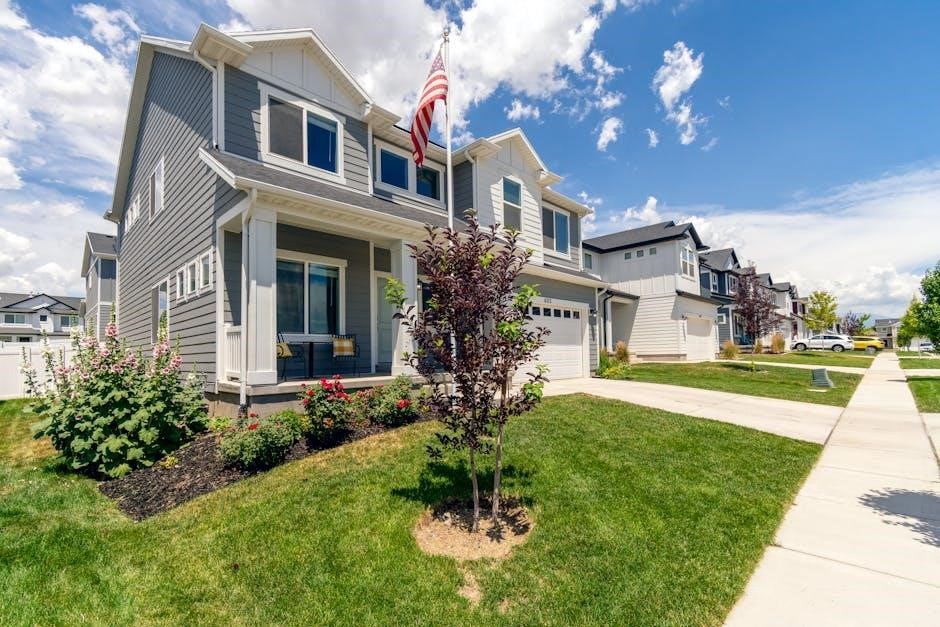
Affordable Housing List in Rochester, NY
Rochester offers various affordable housing options, including apartments, townhouses, and single-family homes, providing residents with diverse choices to suit different needs and preferences.
Apartments and Complexes
Rochester, NY, offers numerous affordable apartment complexes designed to provide residents with quality housing options. Properties like Lake Tower Apartments and Park Avenue Green feature modern amenities, energy-efficient designs, and proximity to public transit. Many complexes offer subsidized rents through federal and state programs, ensuring affordability for low- and moderate-income families. These developments often include on-site services, such as community centers and playgrounds, fostering a sense of community. Applicants can explore these options through the city’s housing authority or non-profit organizations, with eligibility based on income and household size.
Townhouses and Condominiums
Townhouses and condominiums in Rochester, NY, offer affordable housing options with shared amenities. Properties like Rochester Townhomes and Park Avenue Condos provide modern living spaces, often with energy-efficient features. These units are ideal for small families or individuals seeking affordable ownership. Many complexes include community gardens, parking, and proximity to public transit. Eligibility varies, but some programs assist with down payments or reduced pricing for low-income buyers. These options bridge the gap between renting and homeownership, fostering stability and community engagement.

Single-Family Homes
Single-family homes in Rochester, NY, offer affordable housing options for individuals and families seeking standalone residences. These homes are often available through government programs or non-profit initiatives, providing ownership opportunities. Many are renovated or newly constructed, featuring energy-efficient designs and modern amenities. Eligibility varies, but income-based criteria are common. These homes are ideal for those seeking privacy and space, contributing to community stability and growth. Local organizations often assist with financing and application processes, making homeownership more accessible.

Government Assistance Programs
Federal, state, and local programs provide financial aid, subsidies, and tax incentives to support affordable housing initiatives, ensuring low-income families access stable and affordable living solutions.
Federal Housing Programs
Federal housing programs play a crucial role in providing affordable housing solutions in Rochester, NY. Initiatives like Section 8 Housing Choice Vouchers and FHA loans offer financial assistance to low-income families, ensuring access to stable housing. These programs are administered by agencies such as HUD, which allocates funds to support affordable housing developments. Additionally, tax credits for developers and subsidies for renters help bridge the gap between housing costs and income levels, making homeownership and rental opportunities more attainable for residents.
State-Specific Programs
New York State offers several programs to support affordable housing in Rochester. The New York State Affordable Housing Corporation provides financial assistance for low-income families. Additionally, the Empire State Supportive Housing Initiative funds rental subsidies and services for vulnerable populations. These programs aim to address housing affordability and promote community stability. They often include tax credits, grants, and low-interest loans to developers and homeowners. Such initiatives help bridge the gap between housing demand and supply in Rochester, ensuring access to quality housing for all residents.
Local Initiatives
Rochester, NY, has implemented various local initiatives to expand affordable housing options. These include partnerships with non-profits, community land trusts, and neighborhood revitalization projects. The city focuses on creating sustainable, inclusive communities by providing financial assistance and rental support. Local organizations collaborate to develop affordable units, ensuring access to quality housing for low-income families and individuals. These efforts aim to address housing shortages and promote economic growth while preserving the city’s diverse neighborhoods and fostering community engagement.
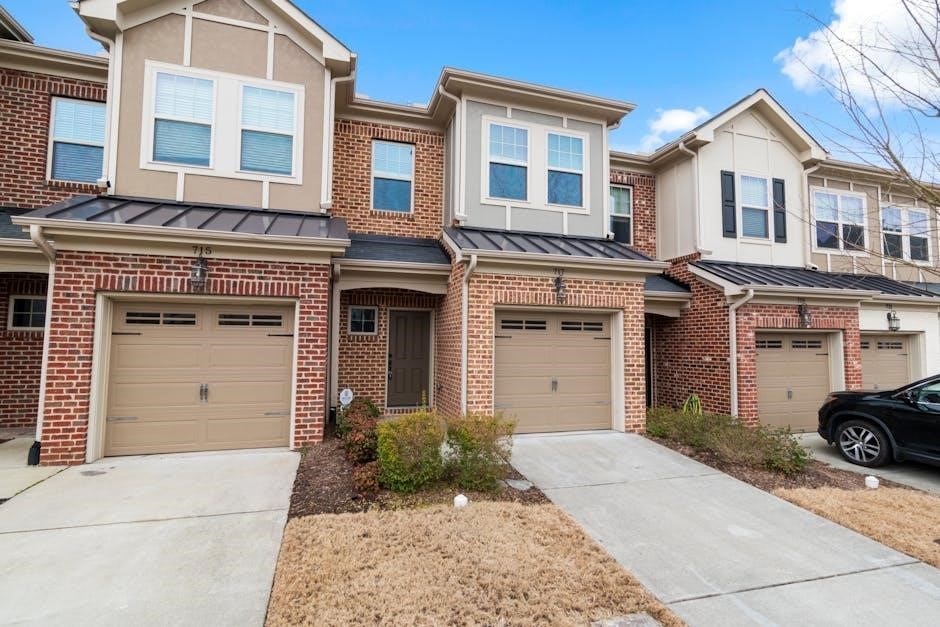
Community Land Trusts (CLTs)
Community Land Trusts in Rochester, NY, acquire and hold land for affordable housing, ensuring long-term affordability and community control over housing resources and development.
Role of CLTs in Affordable Housing
Community Land Trusts (CLTs) play a vital role in affordable housing by acquiring and holding land for the benefit of the community. CLTs lease land to homeowners, ensuring long-term affordability and community control. They focus on preserving affordable housing options, preventing gentrification, and empowering residents. By separating land ownership from housing, CLTs reduce costs and prioritize affordability. This model fosters sustainable neighborhoods and aligns housing development with community needs, making CLTs a cornerstone of affordable housing initiatives in Rochester, NY.
How CLTs Operate in Rochester, NY
Community Land Trusts (CLTs) in Rochester, NY, operate by acquiring land and leasing it to residents for affordable housing. CLTs maintain ownership of the land while allowing homeowners to purchase the property at below-market rates. This model ensures long-term affordability and community control. Residents pay a fixed lease fee, and the CLT works with local organizations to identify eligible candidates. The focus is on addressing housing shortages and providing stable living conditions for low- and moderate-income families, fostering sustainable community development.
Non-Profit Organizations
Non-profits play a vital role in Rochester’s affordable housing landscape, providing essential services, financial assistance, and constructing affordable units to support low-income families and individuals in need.
Key Players in Affordable Housing
Non-profit organizations, government agencies, and community land trusts are vital in addressing Rochester, NY’s affordable housing needs. These entities collaborate to develop, fund, and manage affordable housing projects. Local non-profits often focus on constructing and maintaining affordable units, while government agencies provide financial support and policy frameworks. Community land trusts also play a crucial role by acquiring land to lease for affordable housing, ensuring long-term affordability. Together, these key players work to create sustainable housing solutions for low- and moderate-income residents, fostering stronger communities and economic growth in Rochester.
Services and Support Provided
Non-profit organizations in Rochester, NY, offer essential services to support affordable housing, including housing counseling, financial assistance, and legal aid. These groups provide resources to help residents navigate the complexities of securing affordable housing, such as application guidance and rent assistance programs. Additionally, they often collaborate with local agencies to address broader community needs, ensuring access to stable housing and promoting self-sufficiency. Their efforts are crucial in bridging gaps and fostering equitable housing opportunities for all residents.
Application Process
The application process for affordable housing in Rochester, NY, involves submitting required documents, such as income verification and rental history, through online or in-person methods.
Steps to Apply for Affordable Housing
To apply for affordable housing in Rochester, NY, start by researching available programs and properties. Review eligibility criteria and gather required documents, such as proof of income and residency. Submit applications through designated portals or offices, ensuring all information is accurate. Follow up to confirm receipt and track the status. Be prepared for potential waitlists, as demand often exceeds supply. Stay informed about deadlines and additional requirements to navigate the process efficiently.
Required Documentation
To apply for affordable housing in Rochester, NY, specific documents are necessary. These include proof of income, such as pay stubs or tax returns, photo identification, and Social Security cards. Additionally, applicants must provide birth certificates for dependents and proof of residency. Rental history and employment verification may also be required. Some programs may request additional paperwork, such as bank statements or divorce decrees. Ensuring all documents are complete and accurate expedites the application process.
Eligibility Criteria
Eligibility for affordable housing in Rochester, NY, typically involves income limits, household size, and creditworthiness assessments to ensure equitable access to housing opportunities.
Income Requirements
Affordable housing programs in Rochester, NY, typically require applicants to meet specific income limits, often based on the area’s median income (AMI). These limits vary by household size and program type. For example, some programs may cap eligibility at 50% to 80% of AMI, ensuring affordability for low- to moderate-income families. Income verification is mandatory, and applicants must provide proof of earnings to qualify. These requirements help ensure that housing remains accessible to those who need it most while maintaining program integrity and fairness.
Credit Score and Financial History
A credit score and financial history play a significant role in determining eligibility for affordable housing in Rochester, NY. Most programs require a minimum credit score, typically ranging from 600 to 650, to ensure applicants can manage payments. Lenders also review financial history, including debt-to-income ratios and rental payment records, to assess reliability. While some programs may offer flexibility for lower scores, a stable financial profile is generally expected to qualify for affordable housing opportunities in the area.
Other Factors
Beyond income and credit, eligibility for affordable housing in Rochester, NY, may consider household size, disability status, veteran status, and rental history. Priority is often given to local residents, families, and those experiencing homelessness. Some programs also evaluate employment status and long-term housing stability. Additionally, community land trusts and non-profits may offer tailored criteria to support vulnerable populations, ensuring equitable access to affordable housing opportunities across the city.
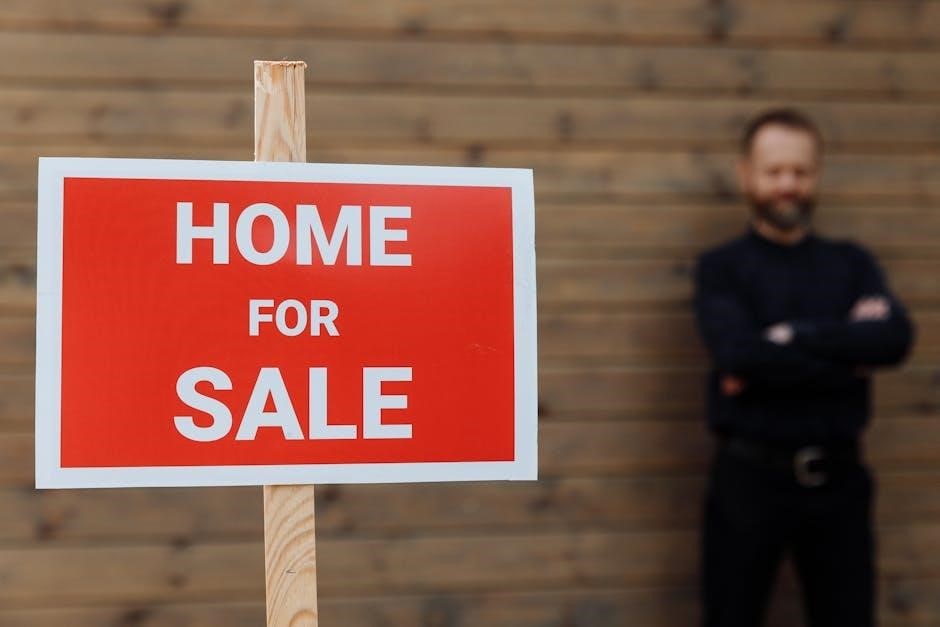
Financing Options
Financing options in Rochester, NY, include mortgage programs, subsidies, and grants designed to make affordable housing accessible to low-income residents and families.
Mortgage Options for Affordable Housing
Affordable housing in Rochester, NY, offers various mortgage options to help residents achieve homeownership. Programs like FHA loans and VA loans provide lower down payments and flexible credit requirements. Local initiatives, such as the Rochester Homeownership Incentive Program, offer grants and reduced-interest loans. Additionally, some lenders partner with non-profits to provide subsidized mortgage rates for low-income buyers. These options aim to make housing more accessible while ensuring financial stability for families and individuals in the Rochester area.
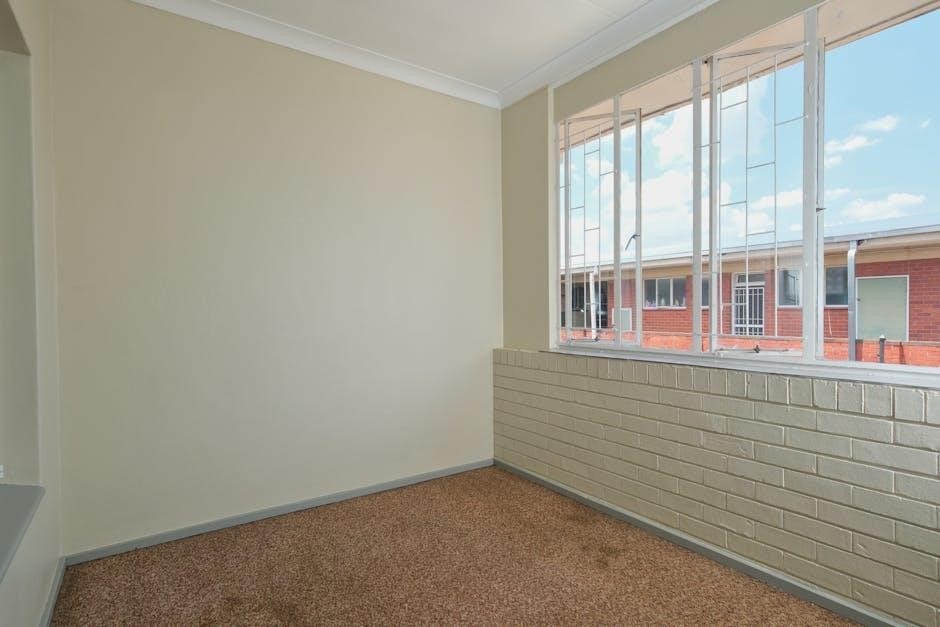
Subsidies and Grants
Subsidies and grants play a crucial role in making housing affordable in Rochester, NY. Federal programs like Section 8 vouchers and the HOME Investment Partnerships Program provide financial assistance to low-income families. State-specific initiatives, such as the New York State Housing Trust Fund, offer grants for affordable housing developments; Local organizations in Rochester also administer subsidies to help residents with rent, down payments, and home rehabilitation. These programs aim to bridge the gap between housing costs and income, ensuring access to stable and affordable living conditions for all residents.

Neighborhood Revitalization
Affordable housing initiatives in Rochester, NY, drive neighborhood revitalization by fostering community engagement, economic growth, and improved quality of life through sustainable development and inclusive urban planning strategies.
Impact of Affordable Housing on Neighborhoods
Affordable housing in Rochester, NY, plays a crucial role in revitalizing neighborhoods by providing stability and reducing displacement. It fosters diverse communities, encouraging economic growth and social cohesion. By addressing housing insecurity, affordable housing initiatives help improve quality of life, reduce crime rates, and enhance local infrastructure. Additionally, these developments often include community spaces, promoting engagement and a sense of belonging among residents. Overall, affordable housing contributes to the vibrancy and sustainability of Rochester’s neighborhoods, creating a foundation for long-term prosperity.
Community Development Projects
Rochester, NY, has seen significant community development projects aimed at revitalizing neighborhoods and expanding affordable housing options. Initiatives include mixed-use developments, green spaces, and community centers, fostering vibrant, inclusive environments. These projects often involve partnerships with local organizations and government agencies to ensure sustainability and accessibility. Funding sources include grants, public-private collaborations, and federal programs, ensuring long-term benefits for residents. Such efforts not only provide affordable housing but also strengthen community bonds and promote economic growth, making Rochester a model for urban renewal.

Challenges in Affordable Housing
Limited supply, funding constraints, and regulatory hurdles hinder the development of affordable housing in Rochester, NY, exacerbating housing insecurity for low-income residents.
Limited Supply
Rochester, NY, faces a significant shortage of affordable housing units, exacerbating housing insecurity. The demand far exceeds the available supply, driving up costs and displacing low-income residents. Limited funding, construction delays, and zoning restrictions further constrain development. This scarcity intensifies competition for existing units, making it difficult for vulnerable populations to secure stable housing. Addressing the limited supply requires innovative solutions and increased investment to meet the growing need for affordable housing options in the region.
Funding Constraints
Funding constraints significantly hinder the development and maintenance of affordable housing in Rochester, NY. Limited government grants, rising construction costs, and insufficient private investments exacerbate the challenge. These financial barriers delay projects, reducing the availability of affordable units. Additionally, budget cuts and bureaucratic inefficiencies further complicate accessing necessary funds, making it difficult to meet the growing demand for affordable housing options in the region.
Regulatory Hurdles
Regulatory hurdles in Rochester, NY, often slow the development of affordable housing. Zoning laws, permitting processes, and environmental regulations can create delays and increase costs. Additionally, compliance with state and federal housing standards may require extensive documentation, further complicating projects. These barriers can discourage developers and non-profits from pursuing affordable housing initiatives, limiting the supply of available units. Streamlining these processes and offering incentives could help overcome these challenges and accelerate the construction of affordable housing in the region.
Controversies and Criticisms
Gentrification concerns arise as affordable housing developments sometimes displace long-term residents, sparking debates about balancing affordability with community preservation in Rochester, NY.
Gentrification Concerns
Gentrification in Rochester, NY, has raised concerns about rising property values and displacement of low-income residents. As affordable housing developments emerge, fears grow that these projects may attract higher-income buyers, pushing out long-term residents. This tension highlights the delicate balance between neighborhood revitalization and preserving affordability. Community leaders are working to ensure that new housing initiatives benefit existing residents without driving up costs or displacing vulnerable populations. Addressing these concerns is critical to maintaining equitable access to housing in Rochester.
Public Perception
Public perception of affordable housing in Rochester, NY, varies widely, with some viewing it as a vital solution to housing insecurity and others expressing concerns about property values and neighborhood aesthetics. While many residents support efforts to increase affordability, stigma surrounding subsidized housing persists in certain communities. Education and awareness campaigns are essential to address misconceptions and foster broader acceptance of affordable housing initiatives.
Future Outlook

Rochester, NY, is expected to see increased investments in affordable housing, with new developments and expanded programs aiming to address growing demand and promote sustainable communities.
Upcoming Projects
Rochester, NY, is witnessing significant advancements in affordable housing through upcoming projects aimed at addressing the city’s housing shortage. New developments include mixed-use complexes and revitalized neighborhoods, focusing on sustainability and community integration. Partnerships between local governments and private developers are driving these initiatives, with plans to construct hundreds of affordable units. These projects emphasize energy efficiency, green spaces, and access to essential services, aiming to create thriving, inclusive communities. Expected completions within the next five years promise to transform Rochester’s housing landscape significantly.
Policy Changes
Recent policy changes in Rochester, NY, aim to enhance affordability and accessibility in housing. Initiatives include updated zoning laws to encourage denser development and tax incentives for developers building affordable units. Rent control measures and subsidies for low-income families are also being implemented. These changes align with the city’s goal to address housing shortages and ensure equitable access to affordable housing options for all residents, fostering a more inclusive and sustainable community environment.
Affordable housing in Rochester, NY, is crucial for addressing housing insecurity and promoting equitable living. The city offers various options, including apartments, townhouses, and single-family homes, tailored to different income levels. Government programs, such as federal and state initiatives, provide financial assistance and subsidies. Community Land Trusts and non-profits play vital roles in maintaining affordability and supporting residents. Eligibility criteria, including income requirements and credit checks, ensure resources reach those in need. Despite challenges like limited supply and funding constraints, Rochester continues to prioritize affordable housing through innovative projects and policy reforms.
Final Thoughts
Affordable housing in Rochester, NY, is crucial for fostering community stability and economic growth. Ensuring access to safe, affordable homes remains a priority, addressing both current needs and future challenges. The city’s efforts to expand housing options, supported by government programs and non-profits, highlight a commitment to inclusivity and sustainability. As demand grows, innovative solutions and collaboration will be essential to creating lasting change. A comprehensive affordable housing list, such as the ‘affordable housing list Rochester NY PDF,’ serves as a valuable resource for residents and policymakers alike.
